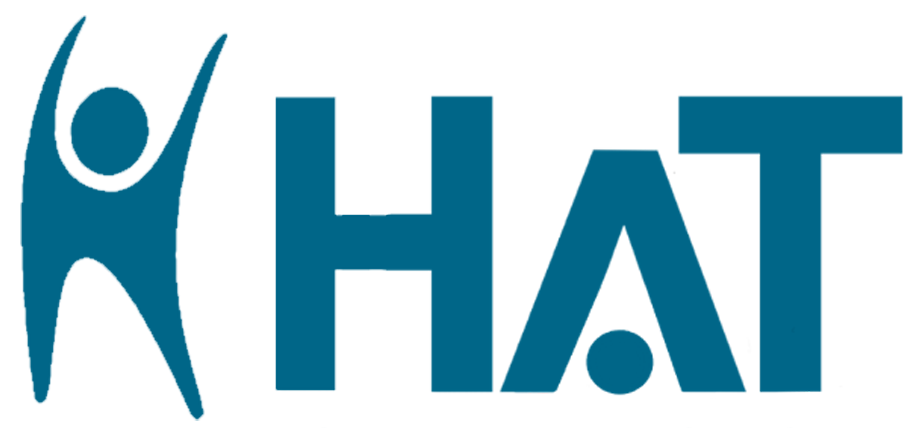Today’s presentation will be a virtual meeting.
Join Zoom Meeting https://us06web.zoom.us/j/971381033
“Child Sex Abuse - Pedophilia, Child Pornography and the Church”
Presented by Catherine Francis
Around the 1980's, stories of widespread sexual abuse of children in the Catholic Church began to emerge. Since then, there has been a deluge of such stories, not restricted to a particular religious denomination or organization. Churches, residential schools, Boy Scouts, sports organizations. And within families. Fathers, stepfathers, uncles, brothers, family friends. And yes, overwhelmingly male.
The last four decades has also seen an enormous increase in the availability and use of pornography, as a result of, among other things, the Internet and other technology, including the widespread use of smartphones and tablets. This includes child pornography.
The following are some statistics on child pornography and online abuse reported by Statistics Canada:
"Police-reported data indicate that online child sexual exploitation and abuse are gendered crimes that disproportionately impact girls. More than 7 in 10 child and youth victims (73%) were older girls aged 12 to 17, and 13% were girls younger than 12. Just over 1 in 10 victims (11%) were older boys aged 12 to 17, while boys younger than 12 accounted for 3% of all victims.
From 2014 to 2020, police services across Canada identified 9,766 accused people in incidents involving online child sexual exploitation and abuse. Close to half (49%) of the people identified in connection with these incidents were accused of child pornography. The vast majority (91%) of people accused of online child sexual exploitation and abuse (including child pornography) were men and boys: 35% of them were aged 25 to 44, 20% were 18 to 24 and 18% were 45 and older. Youth aged 12 to 17 accounted for 27% of the men and boys accused."
While the sexual abuse of children is of course widely condemned, this topic does raise some interesting philosophical issues for discussion.
The following is a standard definition of pedophilia: A sexual perversion in which children are the preferred sexual object specifically : a psychiatric disorder in which an adult has sexual fantasies about or engages in sexual acts with a prepubescent child.
Under this standard definition, even Jeffrey Epstein (for example) was not a pedophile. That's not to say he wasn't a vile person who sexually exploited teenage girls. But it's unlikely that this could be classified as a psychiatric condition.
And for true pedophiles, if this is a psychiatric condition, should they be condemned? Is pedophilia a sexual orientation? Can it be "cured"? It is widely accepted that sexual orientation immutable. Is some form of "conversion therapy" either ethical or practical? Is there another solution?
With advances in AI, child pornography no longer requires the exploitation of children. Under Canadian law, it is a crime to possess or view child pornography regardless of whether the images depict or use real children. Do our laws go too far? Or not far enough? If the laws were changed, how would prosecutors ever be able to prove whether the images were real or digital?
Perhaps the most interesting part of the above statistics is that over one quarter of the alleged perpetrators are children themselves, within the definition of child pornography (under 18). This points to a growing problem of sexual exploitation of teenagers by other teenagers, given the ready availability of technology to record and distribute images on the Internet without permission. How do we protect our children from sexual exploitation in this digital world?
Join us for an exploration of a challenging topic from a Humanist perspective.
